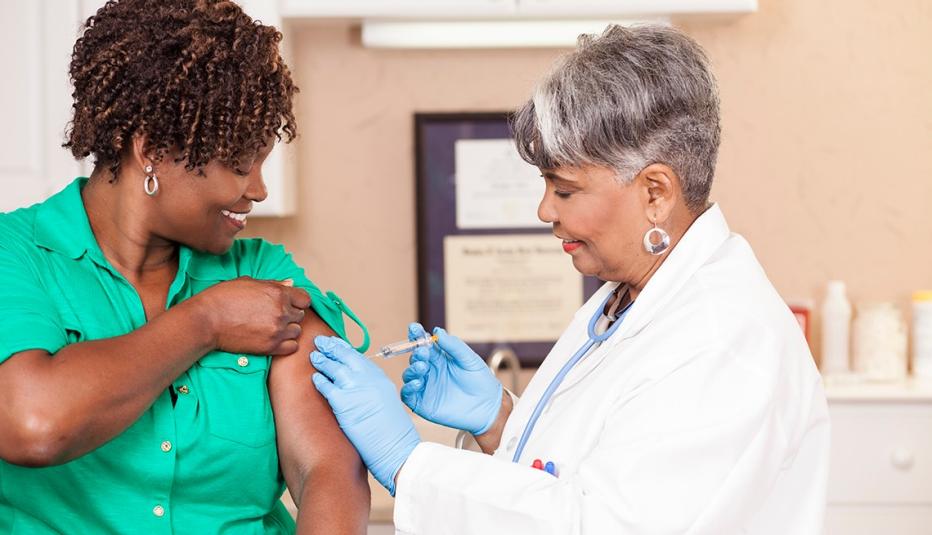AARP Hearing Center
When Liz OuYang received a breast cancer diagnosis, for once the outspoken civil rights lawyer found herself at a loss for words.
OuYang was raised with Chinese values here in the U.S.; in many Asian cultures commiserating or reaching out for emotional support outside the family can be seen as a sign of weakness. Moreover, in times of crisis, the expectation for women is to project outward harmony, often at the expense of the healthy expression of emotion.
“Asian women are expected to sacrifice their true emotions to maintain this outward harmony and to demonstrate instead, inner stamina and strength to tolerate crisis,” says OuYang.
As a result, many women suffer silently and experience feelings of isolation and hopelessness.
Liz had witnessed this cultural barrier firsthand when her mother quietly suffered through her own battle with cancer, eventually losing that battle. She also encountered Asian-American women in her own community confronting health challenges who were reluctant to share their experiences for the same reasons.
And then there was the identity she’d embraced and valued as an adult. OuYang had always linked her identity with her work. Now, however, she feared others would identify her first as someone with cancer. Confronted with deeply engrained cultural norms and this new fear, OuYang dug through the internal swirl of emotion and mental shifts and arrived at a realization: She longed to speak with other Asians in her position. But to whom could she reach out? She was unable to find the resources she sought.
Throughout the course of her cancer journey, OuYang would experience the lack of psychosocial support services available to Asian and Asian American women. Finally, after reaching her five-year milestone for cancer survival, she decided to do something about it—for others like her who would have to travel her path.
Out of OuYang’s experience and A/P/A Institute at New York University came Plum Blossoms, an online space geared toward Asian women and their families who have found themselves in situations similar to OuYang’s. The website describes itself as “a safe space to support and empower Asian American women living with breast cancer and their families through stories, poetry, and art.” Among other offerings, the site includes oral histories featuring Asian American women that can empower others facing breast cancer within the Asian American community. Later, with financial support from Susan G. Komen Foundation, OuYang was able to tell stories of Asian immigrant women living with breast cancer in Korean, Bangla, and Chinese.
According to OuYang, research has shown that breast cancer resources and support services tailored to Asian women are lacking. Plum Blossoms confirmed that reality, illuminating a pent-up demand that rivaled the quelled feelings of those Asian American women living with breast cancer: the site received 3,000 views in its first month, and it’s grown from there.
Read more about the AARP Well-Being Champions.





































































